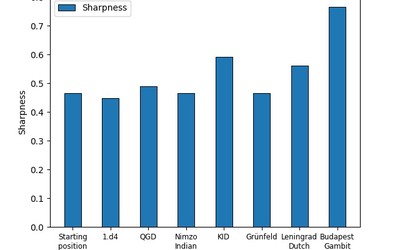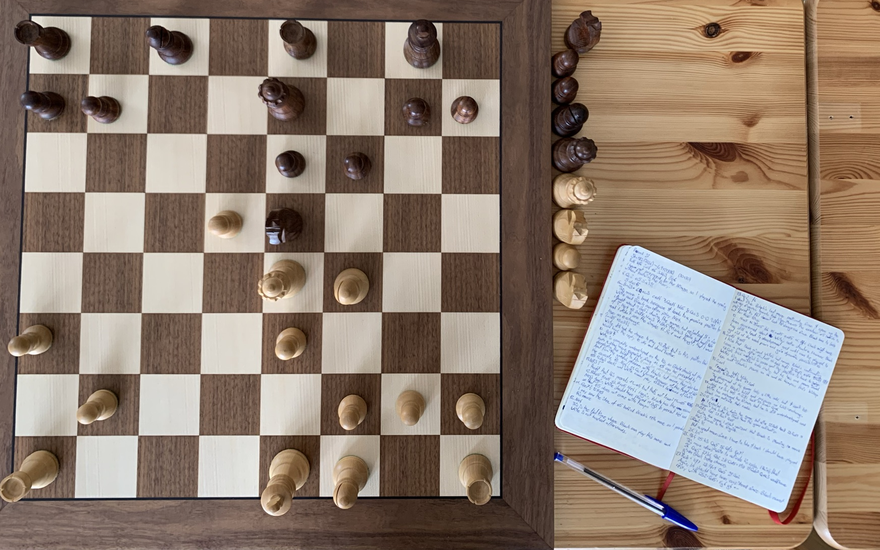
How to Analyse Your Games
A guide to learn a crucial chess skillWhy should you analyse your games?
Analysing your own games is very time consuming and can be daunting, so you might be asking yourself why you should do it. The simple answer is that it's the most effective way to improve your game.
It's so effective because you are working on the opening, middlegame and endgame in (almost) every game analysis. Additionally you will find your strengths and weaknesses. This will then help you to plan your future study accordingly to get the most out of the time you spent on studying.
General advice
When analysing your games, you should only look at the engine after you have finished your analysis. This is often difficult because it is very tempting to see if you missed a winning move. But as soon as you see a move from the engine you can't unsee it and the solution seems obvious afterwards, even if it is not so easy.
I also like to write the analysis by hand in a notebook, because when clicking through the game I find myself not thinking about the "simple" moves. By writing the moves down by hand, I slow myself down and pay more attention to the quiet moves.
Step 0: Play a long time control game
To analyse a game, you need to play one first. It is important that the game is a long time control game (30 minutes with increment or more) so that you have enough time during the game to think about your moves and decisions. It makes no sense to analyse a game where you had to rely on your intuition most of the time, since you will not learn much from it and you can't change your intuition easily.
Step 1: Write down your thoughts
The first thing you should do is to write down the thoughts you had during the game. In your notes you should include the lines you calculated, why you made the decisions during the game and also your general thoughts on how you felt the game was going.
At this stage you should not add anything new to the thoughts you had during the game. The reason is that you need to know what you thought about during the game to later analyse and improve your thought process. Any information from after the game will hide your real thought process and is therefore a hindrance for this task.
This should be done as soon as possible after the game since your thoughts will be fresh in your memory. The other steps can be done a few days or weeks after the game was played. It might be even better to wait a bit with your analysis to gain a new perspective.
Step 2: Analyse the critical lines
Now you revisit the lines you calculated during the game and also analyse other moves. During the analysis you should also try many different moves and try to find interesting options for both sides. It's very easy to go through the game and think to yourself that all moves are obvious and natural and therefore there don't exist playable alternatives. But there are often more options than you suspect, so it is always a good idea to stop and look at the position and try to come up with new ideas.
Step 3: Write comments to the game
I think that it's very important to be able to explain the characteristics of positions with words. To get better at this, I write comments about the game and try to explain how I evaluate the position. Based on these general thoughts I try to come up with plans for both sides during the analysis.
At this point you should also compare the thoughts you had during the game about the position with your assessment afterwards. By examining the thoughts you had during the game you can find faults in your thought process which is an important part of the analysis.
Step 4: Check your analysis with the engine
Only now it's time to check the game and the lines from your analysis with the engine. But you shouldn't trust the computer blindly. You should question the evaluations and try your own variations against the engine. The goal is that you can explain why the computer makes certain moves, not with long variations but with words and you should only need variations to justify the play tactically.
If the engine finds a forcing tactical line which you hadn't seen during the game or your analysis, you should ask yourself why you missed this tactic. Did you miss the idea altogether? Did you see the idea but miss a nuance along the way? Or did you see the tactic but thought that your opponent had a resource which didn't exist in reality? Knowing the answers to these questions help you to find the areas you should be working on in your study.
Learning from the engine is an important skill to have. It doesn't help your chess if you say "Oh, this move would have won" and simply move on. You have to take an active role when using the engine.
Step 5: Write down 3 takeaways from the game
Thinking of three things you can learn from each game is a very effective way to improve your play. Writing these takeaways down makes it also easier to spot a pattern in your games. After a tournament, you can look back at the takeaways from each game and get a sense of your strengths and weaknesses without going through the whole games.
If you enjoy my post, check out my my blog website and consider supporting me on patreon.
Example game analysis
Takeaways:
- Don't try to be creative in the opening just to do something different
- Evaluate positions I reach in my calculations more carefully
- Pay close attention to piece activity in the endgame
More blog posts by jk_182
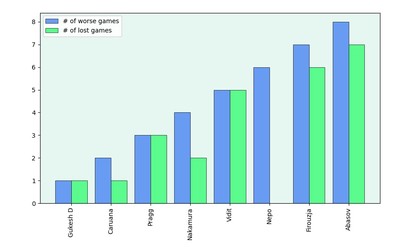
The Candidates in 13 Graphs
Looking at stats from the 2024 Candidates tournament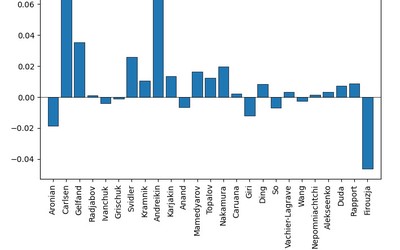
Calculating the Sharpness of Different Players
How well does the sharpness score agree with the human intuition about sharpness?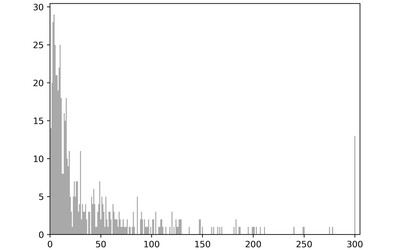
Centipawn Loss Distribution
I'm always interested in values and stats calculated by engines that can give an overview of a chess…